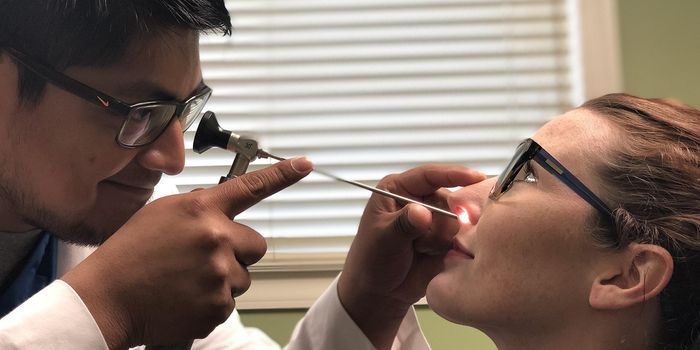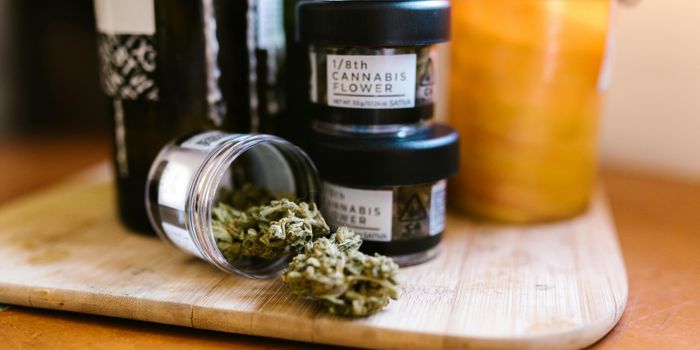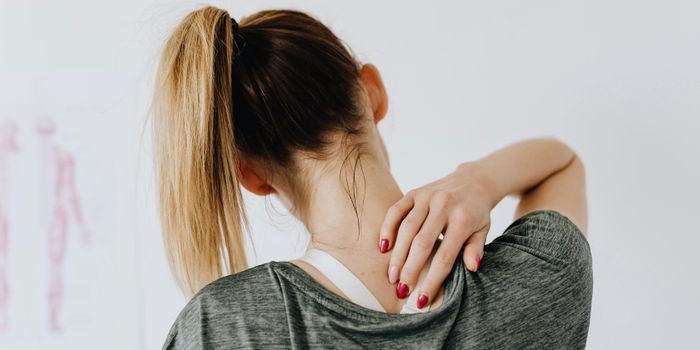Early Findings: CBD Promotes Tooth Biomineralization

Previous studies have found that CBD exhibits anti-inflammatory and analgesic properties when put in contact with dental pulp stem cells. In vitro research also suggests that the compound may have osteogenic and odontogenic effects. With this in mind, the researchers behind the current study investigated the effects of CBD on dental pulp cells under pro-inflammatory stimuli.
To do so, they exposed cells from the dental pulp of mice to a cytokine called tumor necrosis factor-alpha (TNF-α), implicated in both inflammatory and autoimmune processes. They then treated the cells with varying CBD concentrations for periods spanning 24 hours to seven days.
“The ability of the cells to survive and function in this environment was evaluated, which allowed us to determine if the substance has any bioactive effect on them,” said study author Francisco Wanderley Garcia de Paula-Silva, professor in the Department of Pediatrics at the University of São Paulo, Brazil, in a press release.
The researchers also studied the formation of mineralization nodules and assessed the effect of CBD in modulating the synthesis of inflammatory mediators by macrophages.
Ultimately, they found that CBD stimulated the capacity for tooth biomineralization and inhibited the synthesis of inflammatory mediators, pointing towards an anti-inflammatory effect.
“These findings indicate that cannabidiol may be a promising bioactive substance for tissue repair in inflammatory contexts, which opens up new perspectives for its use in dental treatments, especially in regenerative dentistry, benefiting patients in different clinical situations,” said Paula-Silva
“The growing interest in cannabinoid-based therapies, coupled with a deeper understanding of cannabidiol’s mechanisms of action, may facilitate future clinical trials, especially as more data become available,” he added.
Sources: EurekAlert, Journal of Dentistry








